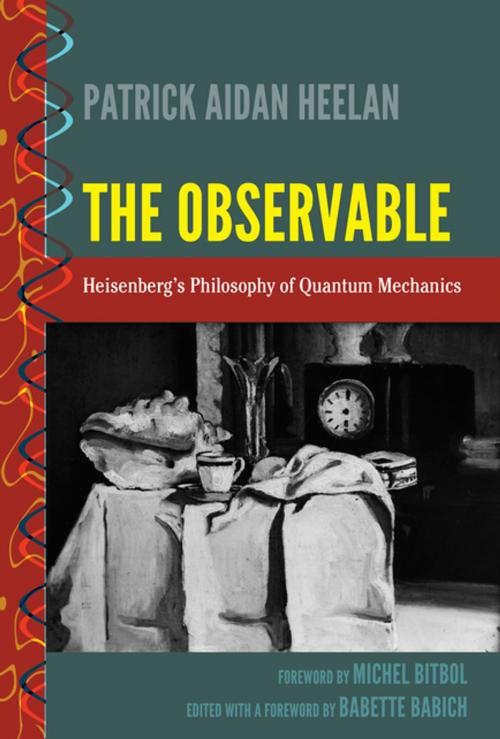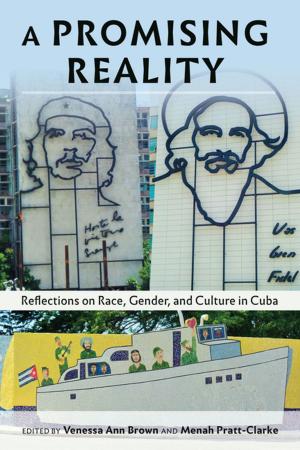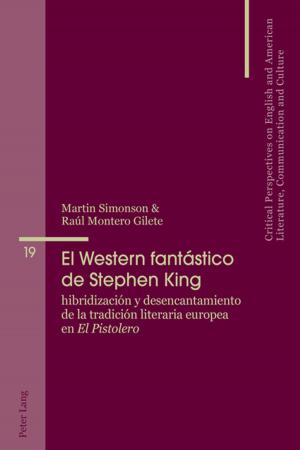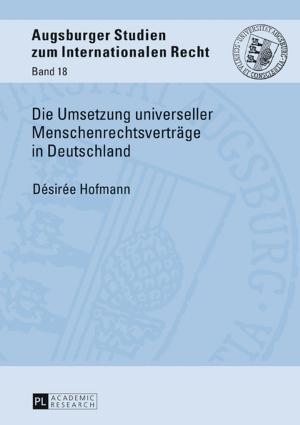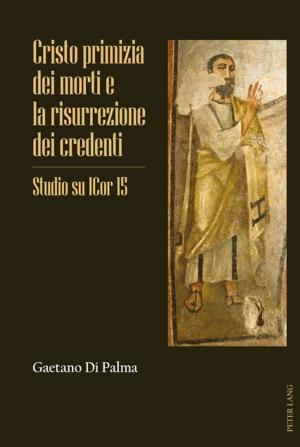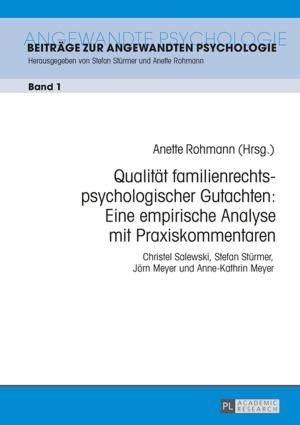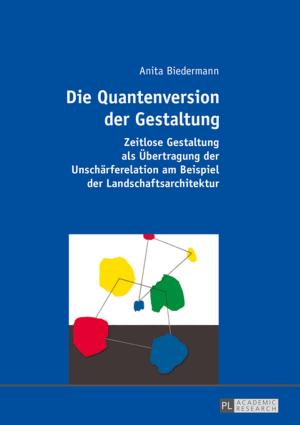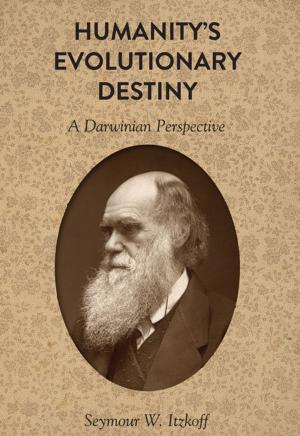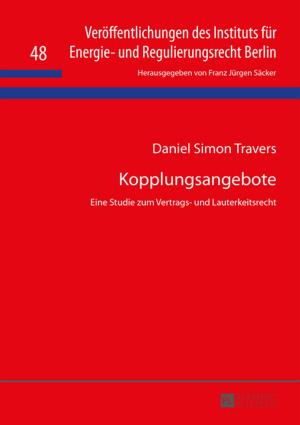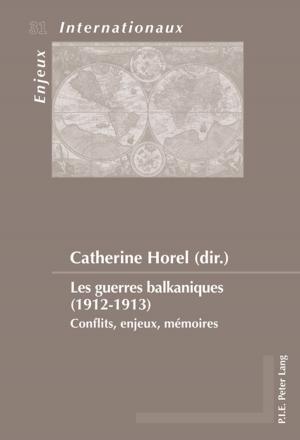The Observable
Heisenbergs Philosophy of Quantum Mechanics
Nonfiction, Religion & Spirituality, Philosophy, Logic, History, Reference, Historiography| Author: | Patrick Aidan Heelan | ISBN: | 9781454190110 |
| Publisher: | Peter Lang | Publication: | November 3, 2015 |
| Imprint: | Peter Lang Inc., International Academic Publishers | Language: | English |
| Author: | Patrick Aidan Heelan |
| ISBN: | 9781454190110 |
| Publisher: | Peter Lang |
| Publication: | November 3, 2015 |
| Imprint: | Peter Lang Inc., International Academic Publishers |
| Language: | English |
Patrick Aidan Heelan’s The Observable offers the reader a completely articulated development of his 1965 philosophy of quantum physics, Quantum Mechanics and Objectivity. In this previously unpublished study dating back more than a half a century, Heelan brings his background as both a physicist and a philosopher to his reflections on Werner Heisenberg’s physical philosophy. Including considerably broader connections to the contributions of Niels Bohr, Wolfgang Pauli, and Albert Einstein, this study also reflects Heelan’s experience in Eugene Wigner’s laboratory at Princeton along with his reflections on working with Erwin Schrödinger dating from Heelan’s years at the Institute for Advanced Cosmology in Dublin.
A contribution to continental philosophy of science, the phenomenological and hermeneutic resources applied in this book to the physical and ontological paradoxes of quantum physics, especially in connection with laboratory science and measurement, theory and model making, will enrich students of the history of science as well as those interested in different approaches to the historiography of science. University courses in the philosophy of physics will find this book indispensable as a resource and invaluable for courses in the history of science.
Patrick Aidan Heelan’s The Observable offers the reader a completely articulated development of his 1965 philosophy of quantum physics, Quantum Mechanics and Objectivity. In this previously unpublished study dating back more than a half a century, Heelan brings his background as both a physicist and a philosopher to his reflections on Werner Heisenberg’s physical philosophy. Including considerably broader connections to the contributions of Niels Bohr, Wolfgang Pauli, and Albert Einstein, this study also reflects Heelan’s experience in Eugene Wigner’s laboratory at Princeton along with his reflections on working with Erwin Schrödinger dating from Heelan’s years at the Institute for Advanced Cosmology in Dublin.
A contribution to continental philosophy of science, the phenomenological and hermeneutic resources applied in this book to the physical and ontological paradoxes of quantum physics, especially in connection with laboratory science and measurement, theory and model making, will enrich students of the history of science as well as those interested in different approaches to the historiography of science. University courses in the philosophy of physics will find this book indispensable as a resource and invaluable for courses in the history of science.
